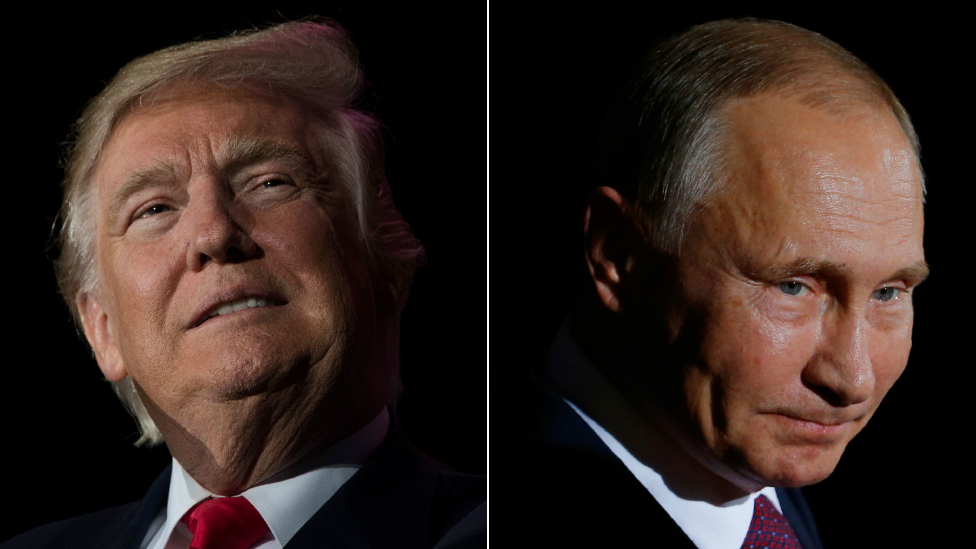Tensions between the United States and Russia have taken a new turn after US President Donald Trump publicly labeled Russian President Vladimir Putin as “crazy.” The Kremlin swiftly responded by calling Trump “emotional,” highlighting the escalating rhetoric between the two leaders.
Trump’s Bold Statement on Putin
During a recent interview, President Trump described Putin as “crazy,” a stark departure from his usual cautious or conciliatory tone towards the Russian leader. This remark shocked many observers, given the delicate nature of US-Russia relations and Trump’s previous praise of Putin’s leadership skills.
Trump’s comment reflects growing frustration in Washington over Russia’s foreign policies and actions on the global stage. The statement also fuels the ongoing narrative of a personal and political clash between the two powerful figures.
Kremlin’s Response: Emotional, Not Rational
In typical diplomatic fashion, the Kremlin dismissed Trump’s comment with a mix of irony and criticism. Kremlin spokesperson Dmitry Peskov described the US president as “emotional,” suggesting that Trump’s remarks stemmed from personal feelings rather than a rational assessment of Russia’s leadership.
This reaction is consistent with Moscow’s strategy of downplaying US criticism and framing it as impulsive or ungrounded. By calling Trump “emotional,” the Kremlin seeks to undermine the legitimacy of the US president’s statement while projecting an image of steady Russian leadership.
The Impact on US-Russia Relations
Such exchanges, while often dismissed as political posturing, have real consequences for international diplomacy. The public name-calling complicates any efforts for dialogue or cooperation between the US and Russia, especially on critical issues like arms control, cybersecurity, and regional conflicts.
Analysts warn that this kind of rhetoric increases mistrust and could hinder negotiations, making it harder for both countries to find common ground.
What This Means Moving Forward
The Kremlin’s labeling of Trump as “emotional” and Trump’s blunt characterization of Putin as “crazy” signal a significant chill in bilateral relations. Observers expect that this verbal sparring will continue, especially as both leaders navigate domestic pressures and international challenges.
For readers following US-Russia dynamics, this exchange is a reminder that personal perceptions and public statements by leaders can deeply influence geopolitical realities.



